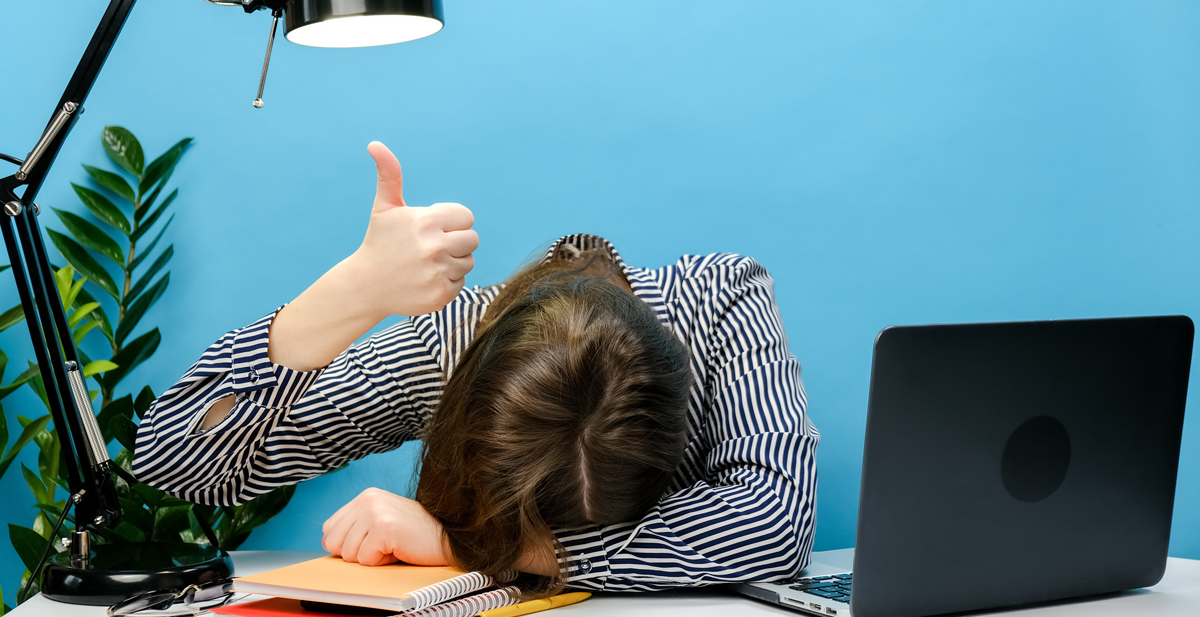Tips To Manage Your Energy (Not Your Time)

Many people prioritize time management to try to fit more into their schedules. They want to make more cold calls, book more meetings, nurture more clients. As much as they may want to maintain a handle on their day, most people don’t manage their time well. In fact, research shows that only 20% of professionals feel their work is under control daily.
A solution to this issue? Learning to manage your energy instead of your time. Stephen Warley, a solopreneur business coach, says that time is a constant but your available energy isn’t. Most people have about three or four hours each day when they’re sharply focused and highly energized to create their best work. Instead of trying to extend that period of high energy, he advises learning how to make the best use of it.
In this issue of PromoPro Daily, we share Warley’s guidance on how anyone can manage their energy instead of their time.
Understand when you work best. Some people are night owls, while others do their best work early in the morning. When you want to manage your energy, Warley says, you must first become aware of your peak performance periods. What time of day do you have maximum energy to do your best work? Organize your tasks by your level of energy. Save your most important work for your personal peak performance periods.
Know your why. This will help give you a boost of energy and sustain momentum as you work toward your larger purpose, Warley says. You might think you have all the time in the world to work on a project, but if you aren’t focused on what motivates you, he says, you’re wasting your time and your energy.
Be prepared to adjust some habits. According to Warley, habits are the foundation of lifestyle design. Once you establish a habit, it can save you a ton of energy and time because those routines are automatic and don’t require any thought. Energy management comes down to developing a core set of habits around your most critical tasks.
Make fewer decisions. Research shows that the average adult makes more than 30,000 decisions in a day, from what to wear to what to eat to what to say. The more decisions we have to make, the more decision fatigue sets in and saps our energy, Warley says. Try to reduce your decisions through elimination, automation and delegation so you can reserve your energy for your most important decisions.
Don’t multitask. You’ve probably heard it before and for good reason. When you’re trying to get too many things done at once, you’re more likely to make mistakes and then waste time correcting those mistakes. Instead, Warley advises monotasking, which is grouping related work tasks together. He says monotasking reduces the number of times your brain needs to switch between different connections.
Instead of focusing only on the hours in each workday, shift your thinking and focus on your energy throughout the day. Remember that time is finite, and energy fluctuates. If you’re not paying attention to your energy levels, you can end up spinning your wheels and eventually burning out. Instead, learn to manage your energy. You can benefit in many ways, from improved mental health to sustained motivation and elevated performance.
Compiled by Audrey Sellers
Source: Stephen Warley is a solopreneur business coach who runs Life Skills That Matter, a business, blog and podcast.

